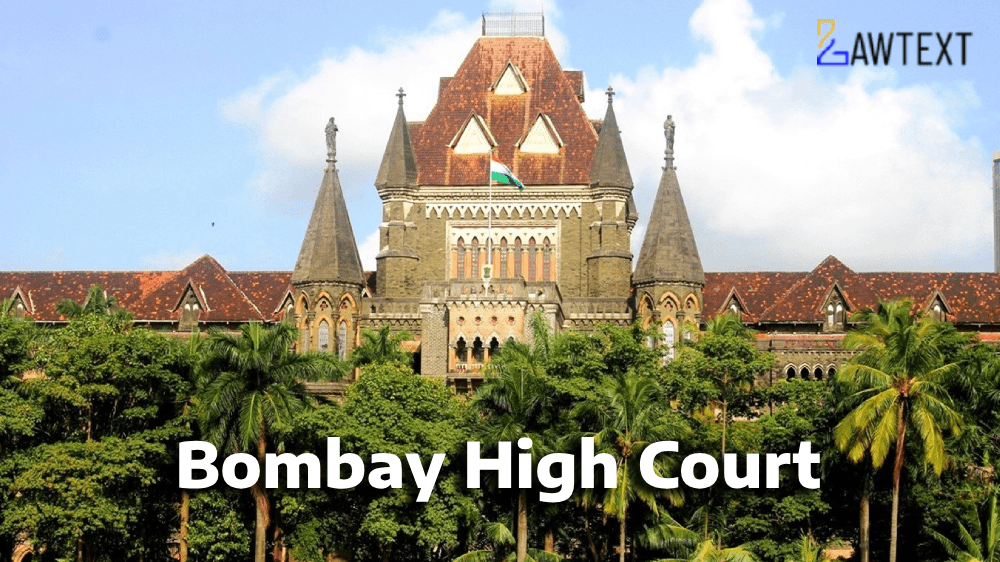CASE NOTE & SUMMARY
Acts and Sections Discussed:
- Section 306 of the Indian Penal Code (IPC): Abetment of Suicide
- Section 498A of the Indian Penal Code (IPC): Cruelty by Husband or Relatives of Husband
- Section 107 of the Indian Penal Code (IPC): Definition of Abetment
- Section 113A of the Indian Evidence Act: Presumption as to abetment of suicide by a married woman
- Section 164 of the Code of Criminal Procedure (CrPC): Recording of confessions and statements
1. Introduction to the Case:
- The applicant/accused, Namdeo s/o. Laxman Bansode, challenged the conviction for abetment of suicide and cruelty under Sections 306 and 498A of the IPC by the 5th Ad-hoc Assistant Sessions Judge, Aurangabad, and the 4th Additional Sessions Judge, Aurangabad.
2. Grounds for Appeal:
- Contradictory opinions of the Medical Officer and the Chemical Analyzer regarding the cause of death.
- Allegation that the conviction was based on partisan witnesses, hearsay evidence, and improper appreciation of evidence.
- No evidence of abetment under Section 107 of IPC was established, and the statement under Section 164 of the CrPC was exhibited without cross-examination of the Magistrate.
3. Prosecution’s Stand:
- The prosecution argued that both courts had properly appreciated the evidence, and the discrepancy between the Medical Officer and Chemical Analyzer’s opinions did not vitiate the case. Circumstantial evidence and the false defense of snake bite were sufficient to uphold the conviction.
4. Court’s Analysis:
- Contradiction in Medical Evidence: The Medical Officer noted insecticidal poisoning based on postmortem findings, while the Chemical Analyzer found no poison in the body. Following "Modi's Medical Jurisprudence & Toxicology," the court ruled that the absence of poison does not negate death by poisoning.
- Abetment of Suicide (Section 306 IPC): Citing Naresh Kumar v. State of Haryana and Ude Singh v. State of Haryana, the court reiterated that abetment requires proof of direct or indirect incitement to suicide, which was absent. The deceased’s hypersensitivity and her actions were not sufficient to hold the accused guilty of abetment.
- Cruelty (Section 498A IPC): The court found no continuous harassment or cruelty by the accused. Mere allegations of dowry harassment were not substantiated with evidence, and the accused's actions did not meet the legal threshold for cruelty under Section 498A.
5. Conclusion:
- The court concluded that the applicant was incorrectly convicted without sufficient evidence. The presumption under Section 113A of the Evidence Act was not applicable, and there was no proximate harassment leading to suicide. Both the convictions under Sections 306 and 498A of the IPC were quashed.
1. Conviction by Trial and Appellate Court:
- The applicant challenged the judgments of the Sessions Court and the Additional Sessions Court, which convicted him under Sections 306 and 498A of IPC, while acquitting his parents.
2. Argument from the Applicant's Counsel:
- The counsel argued that the courts erred by not considering the contradictory medical opinions and by basing the conviction on hearsay evidence. The Medical Officer's postmortem report conflicted with the Chemical Analyzer's report, which did not find poison.
3. Prosecution’s Argument:
- The APP maintained that the courts properly appreciated the evidence and that circumstantial evidence supported the conviction despite the medical discrepancies.
4. Contradiction in Medical Evidence:
- The court noted the Medical Officer's report of insecticidal poisoning, contrasted with the Chemical Analyzer's finding of no poison. Based on Modi’s Medical Jurisprudence, the court ruled in favor of the Medical Officer's conclusions over the Chemical Analyzer.
5. Legal Question on Abetment of Suicide:
- The court referred to precedents from Naresh Kumar v. State of Haryana and Ude Singh v. State of Haryana, emphasizing that abetment requires instigation or incitement, which was not proven in this case.
6. Failure to Establish Harassment (Section 498A IPC):
- The court held that there was no continuous harassment for dowry, and the mere allegation of cruelty was insufficient to prove the charge under Section 498A.
7. Court's Conclusion:
- The court quashed the conviction, finding that the applicant did not provoke, incite, or cause cruelty leading to the deceased's suicide.
Ratio Decidendi:
- Contradictory Medical Opinions: The Medical Officer’s report of poisoning was given precedence over the Chemical Analyzer’s negative findings, based on established medical jurisprudence.
- Abetment of Suicide (Section 306 IPC): Abetment requires proof of direct or indirect instigation, which was absent in this case. The deceased’s hypersensitivity alone did not establish abetment.
- Cruelty (Section 498A IPC): General allegations of cruelty for dowry were not supported by evidence of continuous harassment or unlawful demands.
Subjects:
Acquittal of an accused under Sections 306 and 498A of IPC due to failure to prove abetment of suicide and cruelty related to dowry.
#IPCSection306 #IPCSection498A #AbetmentOfSuicide #DowryHarassment #CriminalAppeal #MedicalJurisprudence #CourtJudgment
Citation: 2024 LawText (BOM) (9) 233
Case Number: CRIMINAL REVISION APPLICATION NO.344 OF 2004
Date of Decision: 2024-09-23
Case Title: Namdeo s/o. Laxman Bansode Versus The State of Maharashtra
Before Judge: S. G. MEHARE, J.
Advocate(s): Mr. Arun S. Shejwal, Advocate for Applicant; Mr. S. B. Narwade, A.P.P. for Respondent No.1
Appellant: Namdeo s/o. Laxman Bansode
Respondent: The State of Maharashtra

